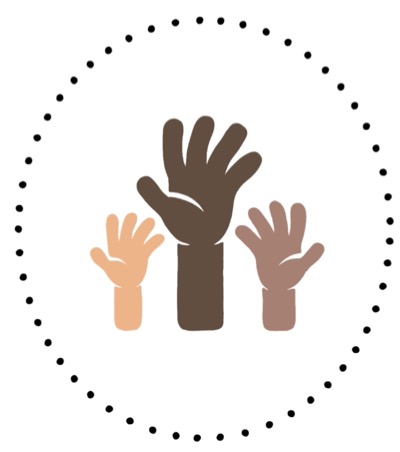Racial Trauma
Racial Trauma
People of color can be traumatized by events that may include:
- Racial profiling and police violence
- Workplace discrimination and harassment
- Community violence
- Distressing medical experiences
- Incarceration
- Difficult immigration experiences
- Ethnic cleansing and torture
What does racial trauma look like?
- Anger
- Sadness
- Grief
- Shock
- Fear or hypervigilance
- Guilt
- Helplessness and/or powerlessness
- Difficulty sleeping or concentrating
- Numbness
- Recurring thoughts or images of the event
- Body aches
- Fatigue
- Exhaustion
While racial trauma is not a specific diagnosis, some of the symptoms are similar to those of other types of trauma survivors. If you are a person of color and exhibiting any of the following symptoms after witnessing or being the victim of a racist encounter, your body may be responding to a racial trauma:
Are you struggling with 615-570-1190? Text us now at 615-570-1190 to get started.
What causes racial trauma?
While racial trauma is not a specific diagnosis, some of the symptoms are similar to those of other types of trauma survivors. If you are a person of color and exhibiting any of the following symptoms after witnessing or being the victim of a racist encounter, your body may be responding to a racial trauma:

Intergenerational stressors
The traumatic effects of racism, whether it be specific events or systemic structures, are often passed down through generations. This is the result of the United States’ history of colonialism and slavery. The experiences and stories that are shared often pass along the emotional pain associated with them either consciously or unconsciously. An example of this is how many Black parents have conversations with their children where they explain how to interact with police as a person of color.
Vicarious stressors
This includes the impacts of living in a systemically racist society and indirectly experiencing acts of racism. Even when individuals are not directly impacted by events, they can experience the same psychological and physiological effects on the nervous system. For example, one of the most common means by which people of color can be triggered is by witnessing hate crimes, racial microaggressions, or other direct racist encounters that are recorded and made constantly available by social media.
Direct stressors
These are the direct impacts of being in a systemically racist society or directly experiencing an individual attack as a result of race. Examples of this include hate crimes, being racially profiled or heavily policed, housing discrimination, or a culmination of microaggressions.
